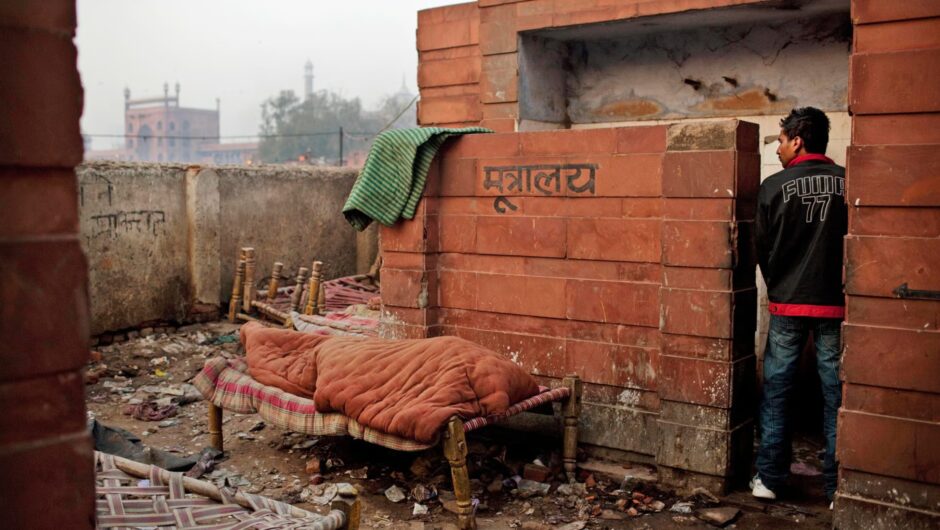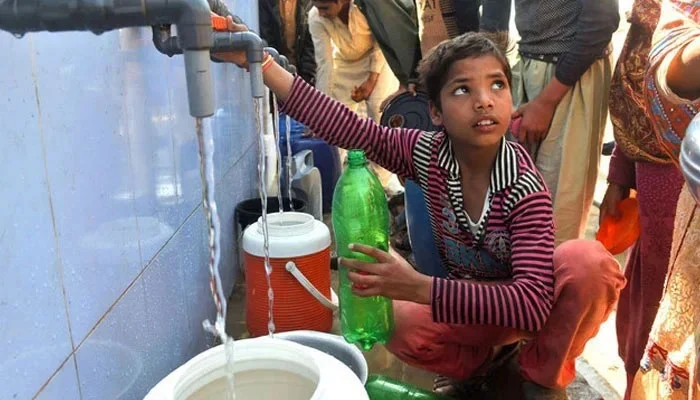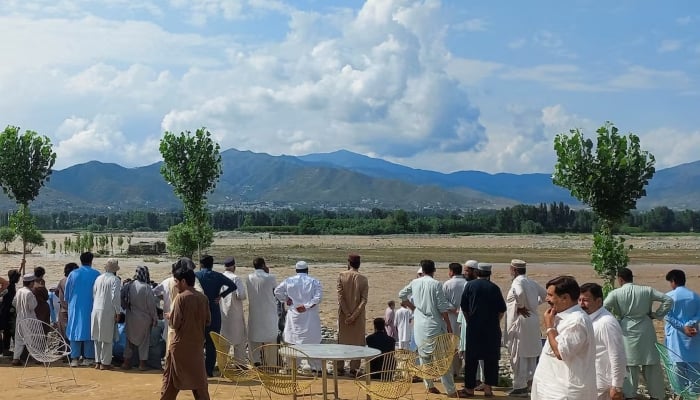The Capital Development Authority (CDA) has initiated the collection of development charges from allottees in under-developed sectors of Islamabad, including E-12, C-14, C-15, I-12, and I-15. These sectors have faced significant delays in development due to various challenges, including land acquisition issues and financial constraints. The move to charge development fees has sparked controversy among residents and stakeholders, raising questions about the timing and fairness of the decision.
Background of the Development Delays
Development work in several new residential sectors of Islamabad has been facing inordinate delays due to various reasons, raising questions about the CDA’s efficiency. The sectors where development work has either been halted or is moving at a slow pace include E-12, C-14, C-15, I-12, and I-15. The work in these sectors was started some years ago but has not been completed yet. In particular, work in sectors C-15 and E-12 has been halted. The main reasons for the slow pace include funding issues and adverse possession of land. For instance, the E-12 sector was launched by the CDA in 1989, and the same year, it sold plots to around 4,000 people with a promise that development work would complete within a year. However, despite the passage of over three decades, the development work has not been completed, and many who purchased plots in 1989 are no longer alive. Similarly, the development work in sector C-15 has been stopped since October 2024 due to disputes between landowners and the CDA over compensation for built-up property. The CDA had announced to settle all claims of land affectees in sectors C-14, C-15, and C-16 in late 2023 and early 2024, but the built-up property owners have not been fully compensated to date.
Introduction of Development Charges
In March 2025, the CDA issued notices to allottees in these under-developed sectors, informing them of the requirement to deposit development charges. The notice for sector E-12, dated March 20, 2025, specifies the implementation of development charges for plot owners. The CDA has set deadlines for the payment of these charges, warning that failure to comply may result in the cancellation of plots. For example, in August 2023, the CDA asked I-15 allottees to deposit development charges by August 30 or face cancellation of their plots. The CDA’s Member Estate defended the move, stating that a significant portion of the sector’s development work had been completed and that the development charges were justified.
Controversy and Criticism
The CDDA’s decision to charge development fees has been met with criticism from residents and stakeholders. Allottees argue that the CDA is responsible for the delays in development and that imposing additional financial burdens is unfair. They point out that when the plots were initially allotted, the CDA did not request development charges, and now, after years of inaction, residents are being asked to pay for services that have not been provided. This situation has led to frustration and distrust among the public towards the CDA’s management and accountability.
CDA’s Justification
The CDA justifies the imposition of development charges by emphasizing the need for funds to complete the stalled development projects. The authority argues that the collection of these charges is essential to expedite the development process and provide allottees with the promised amenities and infrastructure. CD`A Chairman Anwarul Haq has expressed his displeasure over the slow progress of development work and directed the engineering wing to remove hurdles and expedite the process. He emphasized that no delay in the development of these sectors can be tolerated and that the CDA’s main priority is sector development.
Conclusion
The CD`A’s decision to charge development fees in under-developed sectors of Islamabad highlights the ongoing challenges in urban development and governance. While the authority’s intent to complete the development work is commendable, the timing and fairness of imposing additional financial burdens on residents remain contentious issues. Moving forward, it is crucial for the CDA to engage in transparent communication with allottees, address the underlying issues causing delays, and ensure that the collected funds are utilized effectively to complete the development projects. Only through collaborative efforts and accountability can the CDA hope to resolve the longstanding issues and fulfill its commitment to providing quality housing and infrastructure to the residents of Islamabad.
Topics #News #Pakistan #trending pakistan




